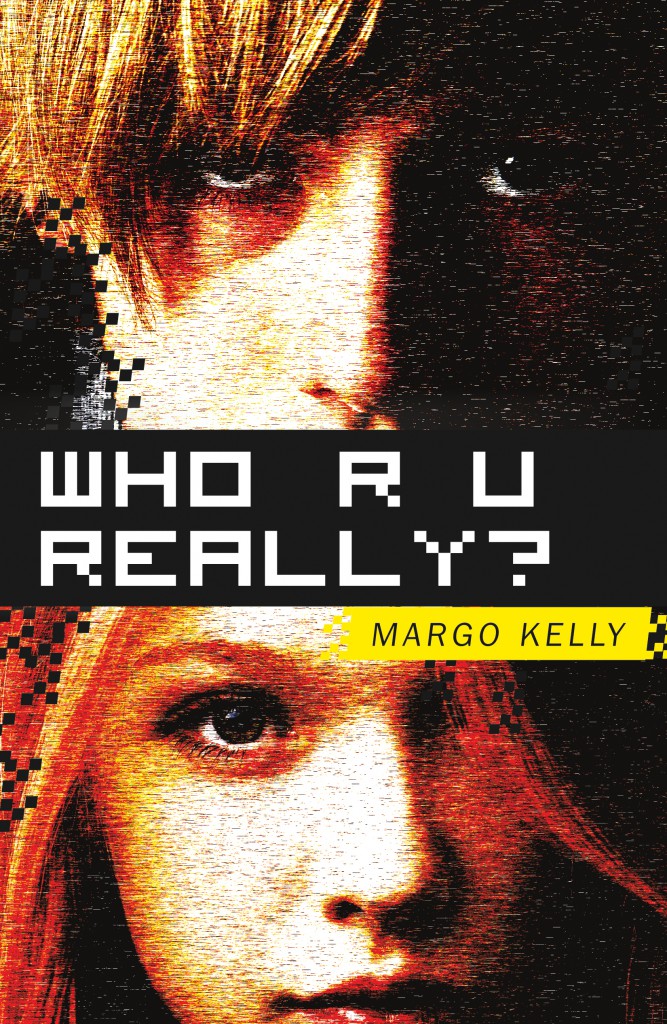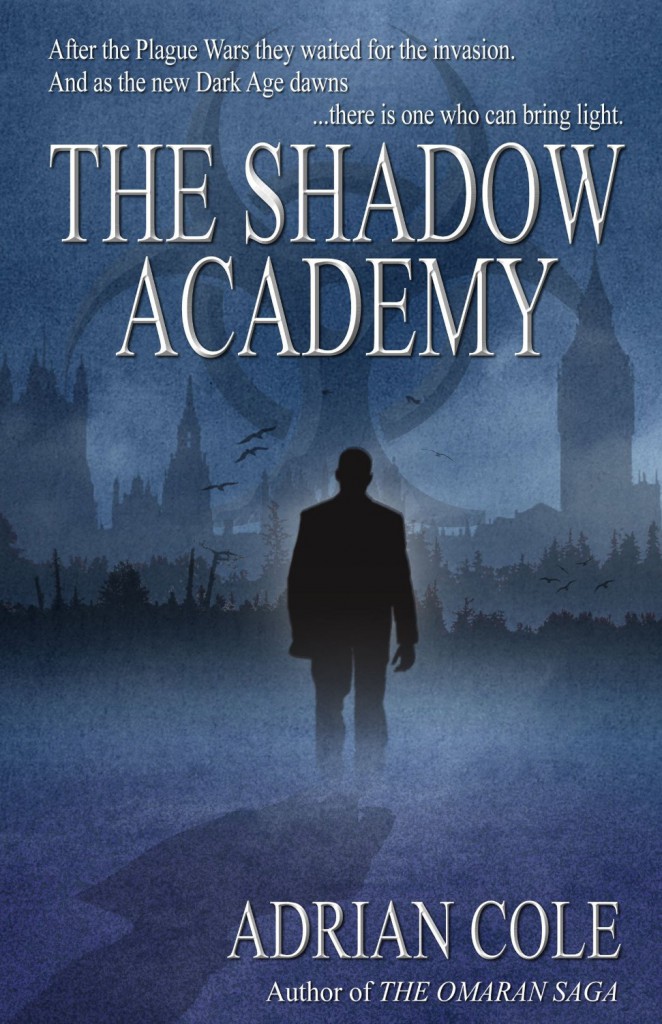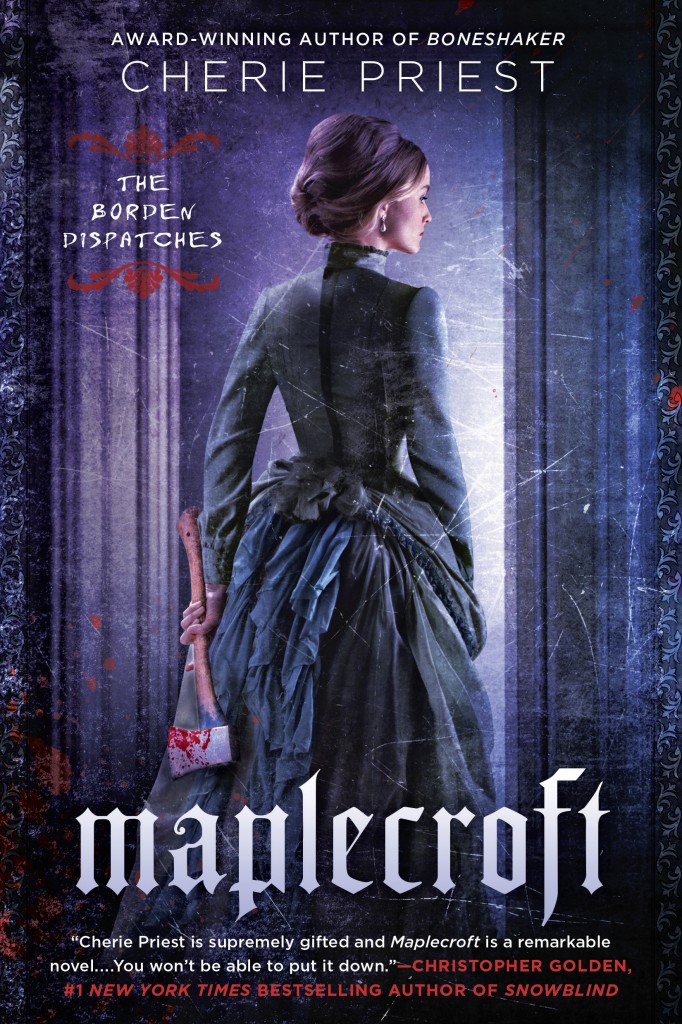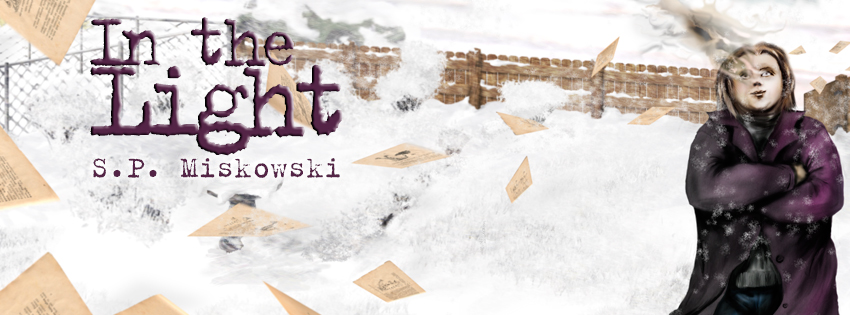Welcome to this week’s installment of The Scariest Part, a recurring feature in which authors, comic book writers, filmmakers, and game creators tell us what scares them in their latest works of horror, dark fantasy, dark science fiction, and suspense. (If you’d like to be featured on The Scariest Part, please review the guidelines here.)
My guest is Margo Kelly, whose debut novel is Who R U Really? I’m especially proud to have her on the blog today because the plot of her thriller is based on terrifying true events that happened to her own family. It’s scary stuff, and there are important lessons to be learned from this guest blog, as well as from the novel itself. Here’s the publisher’s description:
Thea’s overprotective parents are about to drive her nuts. They invade her privacy, ask too many questions, and restrict her online time so much that Thea feels she can’t do any of the things her friends do. She barely has time to answer her emails! When she discovers a new role-playing game online, Thea breaks the rules by staying up late to play. Soon, she’s living a double life: on one hand, the obedient daughter; on the other, a girl slipping deeper into darkness. In the world of the game, Thea falls under the spell of Kit, an older boy whose smarts and savvy can’t defeat his near-suicidal despair. As Kit draws soft-hearted Thea into his drama, she creates a full plate of cover stories for her parents and then even her friends. Soon, Thea is all alone in the dark world with Kit, who worries her more and more, but also seems to be the only person who really “gets” her. Is he frightening or only terribly sad? Should Thea fear Kit, or pity him? And now, Kit wants to come out of the screen and bring Thea into his real-life world. As much as she suspects that this is wrong, Thea is powerless to resist Kit’s allure, and hurtles toward the very fate her parents feared most. Ripped from a true-life story of Internet stalking, Who R U Really? will excite you and scare you, as Thea’s life spins out of her control.
And now, let’s hear what the scariest part was for Margo Kelly:
The scariest part of this novel is the truth inside, because much of the story happened in real life. The good news is: my daughter is fine and thriving. But the bad news is: there are too many teenagers across the nation who go missing every single day because they were beguiled by an online predator. I know it sounds like yesterday’s news, and in some sense it has become boring to adults. But that only makes it easier for the guy trying to lure your child away. And today, there are new avenues to do just that.
My daughter participated in an innocent online role playing game where she met a guy. He seemed nice. He seemed to need a friend. He seemed safe. But in fact, he was none of these things.
Over a year’s time, while I thought she was playing a simple game, this guy manipulated her and had her convinced they were in love. Not only had they exchanged cell phone numbers, but they had also arranged a time and place to meet . . . after school and before sports practice. That meant he would have had her for hours before I ever even went to pick her up from practice. Luckily, I discovered texts on her phone before anything came to fruition. But one of the scariest things was that she chose to believe a complete stranger over her own mother. He’d swayed her so well. He was an expert at what he did.
The plot of Who R U Really? offers up several fictional characters for readers to suspect as the online predator, and I won’t give away the details of that story here. But I will tell you that in real life, the predator had convinced my daughter (who was eleven going on twelve at the time) that he was a nineteen-year-old boy who needed a friend. In fact he was about three decades older. And because he lived in another state and because I stopped the process before he harmed her, there was nothing the police could do about it. Of course they investigated, but he had not yet broken any laws when it came to my daughter. Even though the police knew exactly who he was and where he lived, they could only watch him. I hope they still are, because as far as I know, he is still online playing games with young kids and trying to lure them away from their parents. He’s even fished around and tried to reconnect with my daughter over the years.
A local police detective said to my daughter, “It is your job to tell others — your real everyday friends that you go to school with — tell them what happened to you, so nothing like this can happen to them.” My daughter agreed. This novel was born with the hopes of helping others spot and unmask internet predators.
Here are a few tips for young adults to stay safe online:
- Only accept friend requests on FB (and other social media) from people you know in your everyday life.
- Be transparent with the people in your real life who love you.
- Trust your parents. You don’t have to always agree with them, but trust that they have your best interests in mind.
- Keep your actual birthdate, phone number, email, street address, even city private. No one online needs to have that personal information about you.
- Most importantly, remember that there is strength in numbers. Use the buddy system, and do not ever meet an online acquaintance by yourself. Not ever. Just don’t even play with the idea.
While my daughter did the opposite of several of these above items, she is now my hero for being willing to share her personal choices, conversations, and feelings, regardless of the negative judgment she might receive as a result.
Who R U Really? is primarily a work of fiction, but the essence of the plot is what happened when my daughter was nearly abducted. And that’s the scariest part.
Margo Kelly: Website / Facebook / Twitter / Goodreads
Who R U Really?: Amazon / Barnes & Noble / Merit Press
Margo Kelly is a native of the Northwest and currently resides in Idaho. A veteran public speaker, she is now actively pursuing her love of writing. Who R U Really? is her first novel. Margo welcomes the opportunities to speak to youth groups, library groups, and book clubs.





